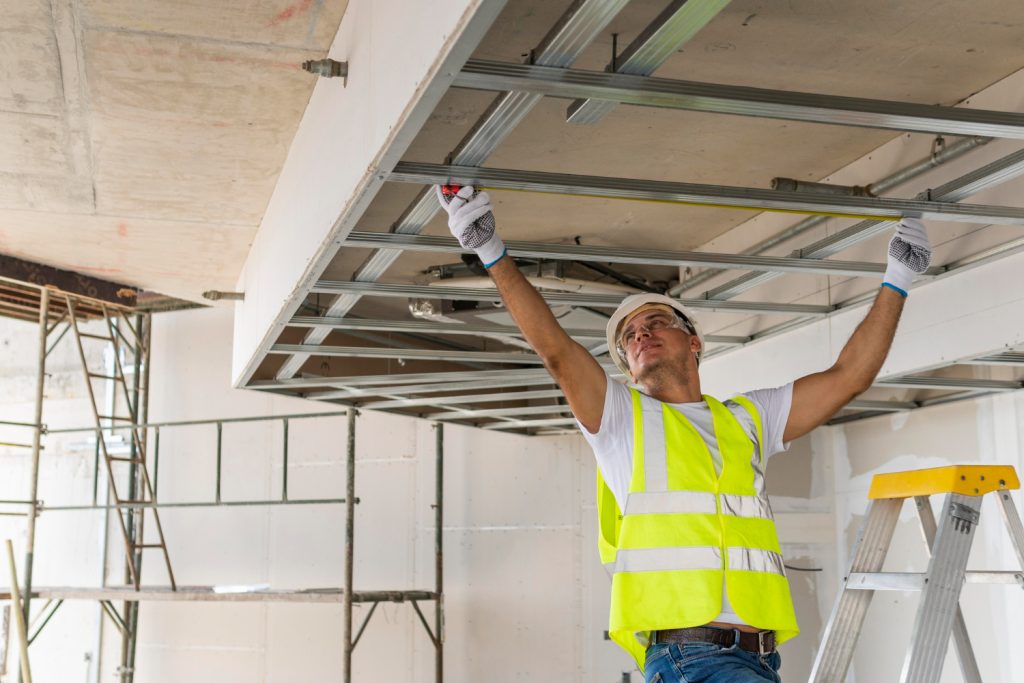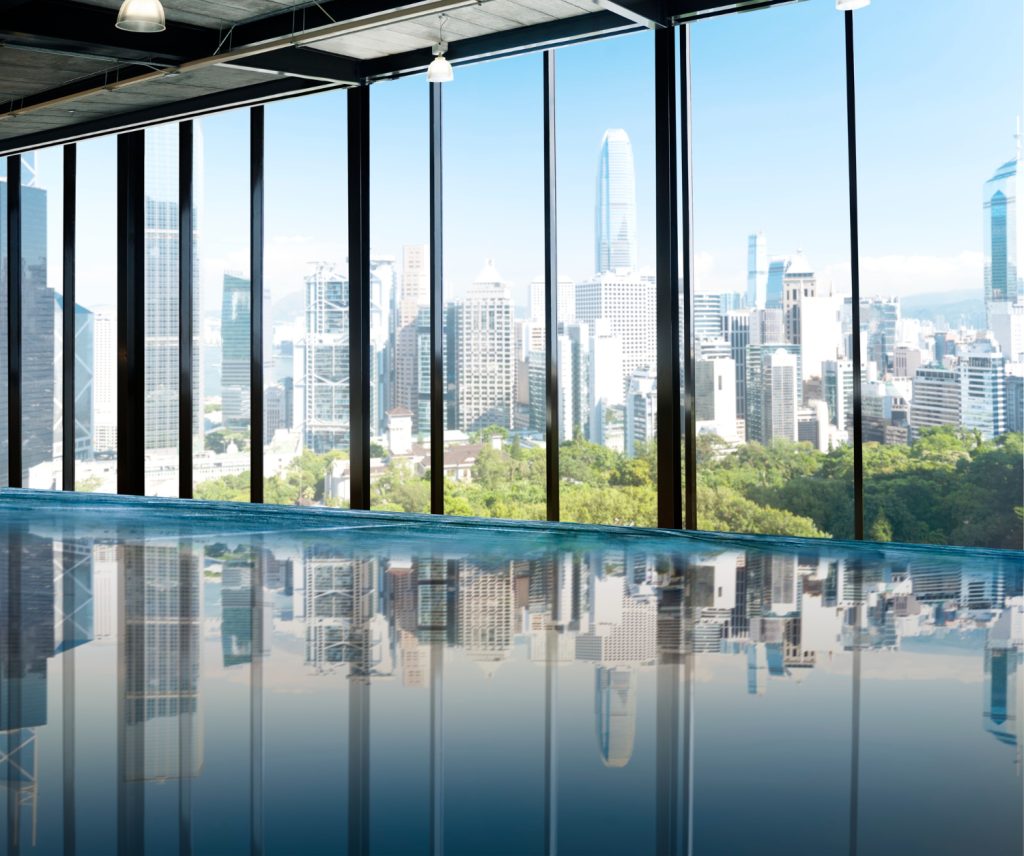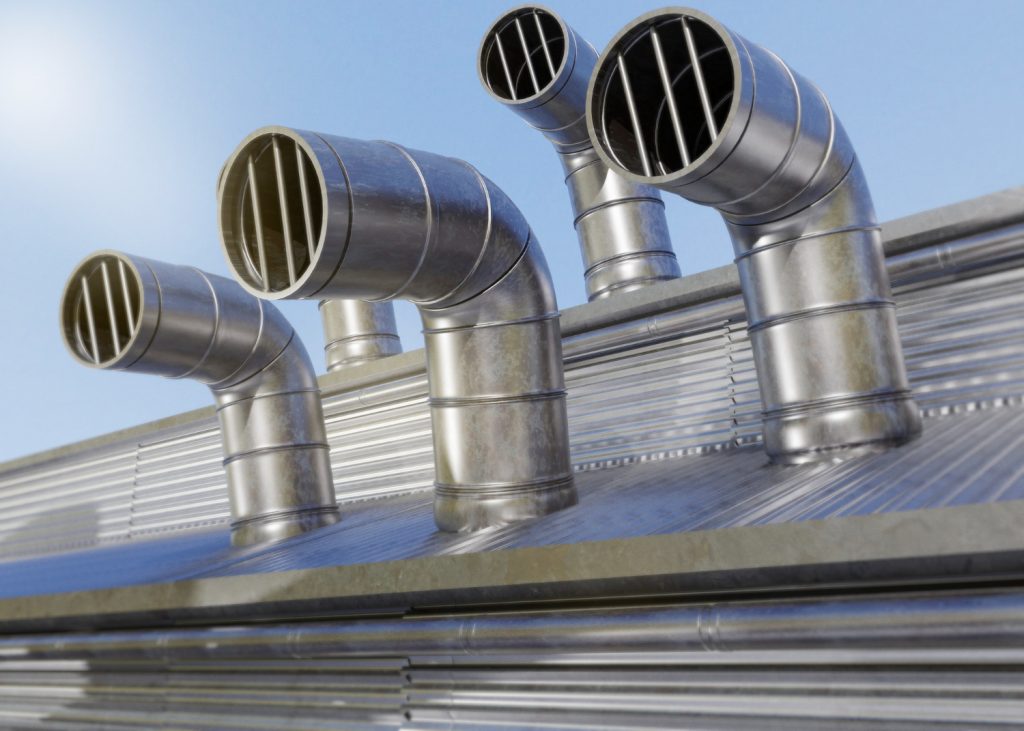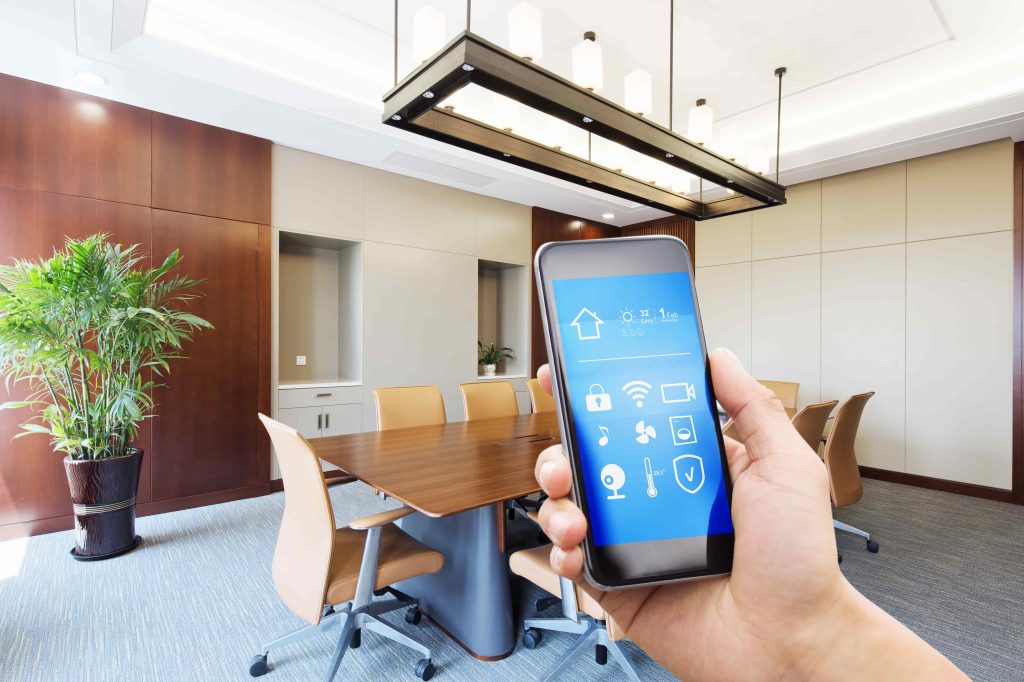Knight Frank Property Management understand just how important it is that commercial buildings are energy efficient.
In this blog post we will examine why businesses should care about energy efficiency, Europe’s new energy measures, and the different ways landlords and companies can increase the BER rating of their properties.
How is a building’s energy efficiency measured?
The Building Energy Rating (BER)/Energy Performance Cert (EPC) is a measure of the energy efficiency of a building, ranging from A to G, with A being the most efficient.

Why does energy efficiency matter?
Improving the energy efficiency of a commercial building holds significant importance for several reasons.
Reduces costs
Firstly, it helps reduce energy consumption and lowers utility costs, resulting in substantial savings over time. By implementing energy-efficient measures, businesses can enhance their bottom line and allocate saved funds towards other essential operations.
Fosters sustainability
Secondly, improving energy efficiency contributes to environmental sustainability by reducing greenhouse gas emissions and reliance on fossil fuels. It aligns with global efforts to combat climate change and promotes a greener future.
Boosts productivity
Additionally, energy-efficient buildings often provide improved comfort and productivity for occupants. Well-regulated indoor temperatures, adequate lighting, and optimised ventilation systems create a healthier and more conducive working environment.
Increases property value
Lastly, with the growing focus on sustainability and green building practices, an energy-efficient commercial building can enhance its market appeal and value, attracting environmentally conscious tenants and investors.
Europe’s measures – The Energy Performance of Buildings Directive
March 2023, the European Parliament adopted the proposed revisions of the Energy Performance of Buildings Directive, which will look to Member States to:
- Harmonise Energy Performance Certificates, with performance classes rescaled with the aim of a zero-emission building stock by 2050.
- Support the introduction of Minimum Energy Performance Standards which can propel the renovation of buildings to a pathway of full decarbonisation by 2050.
- Introduce whole life carbon reporting for all new buildings, which will allow benchmarking by 2030.
- Introduce Building Renovation Passports by the end of 2024. Building Renovation Passport is defined to mean a roadmap for deep renovation to transform the building into a Zero Energy Building by 2050 at the latest.

What about Ireland?
If Ireland follow suit, it is likely that Ireland could see the aforementioned revisions of the Energy Performance of Buildings Directive being implemented in Ireland within the next eighteen to twenty-four months.
However, we should go beyond the ambition of the Energy Performance of Buildings Directive, today; to help tackle climate change so we can all enjoy better quality and energy efficient buildings.
8 energy saving strategies for landlords and businesses
1. Improve insulation
- Roof insulation: Enhance insulation in the roof space by adding or improving insulation materials.
- Wall insulation: Install insulation in external walls to reduce heat transfer.
- Floor insulation: Ensure that floors, especially those above unheated areas, are adequately insulated to prevent heat loss.

2. Enhance air tightness
- Identify and seal air leaks: Conduct an air tightness test to locate areas of air infiltration. Seal gaps, cracks, and openings around windows, doors, pipes, and electrical outlets to minimize air leakage.
- Use air barriers: Install air barriers, such as membranes or airtight drywall systems, to create a continuous barrier against air infiltration and improve energy efficiency.
3. Upgrade windows and doors
- Install energy-efficient windows: Replace single-pane windows with double or triple-glazed windows that have low-emissivity (low-e) coatings to reduce heat transfer.
- Enhance door insulation: Upgrade exterior doors to models with better insulation properties and weatherstripping to prevent drafts.

4. Optimise heating, ventilation, and air conditioning (HVAC) Systems:
- Upgrade HVAC equipment: Install high-efficiency heating and cooling systems, such as condensing boilers, heat pumps, or variable refrigerant flow (VRF) systems.
- Implement zoning and controls: Use programmable thermostats and zoning systems to optimize HVAC operation and reduce energy waste.
- Regular maintenance: Maintain and service HVAC equipment regularly to ensure optimal performance and energy efficiency.

5. Efficient lighting:
- Replace traditional lighting: Upgrade lighting fixtures to energy-efficient options, such as LED (light-emitting diode) bulbs, which consume less energy and have a longer lifespan.
- Implement lighting controls: Install occupancy sensors, dimmers, and timers to control lighting usage based on occupancy and daylight availability.
- From 2023 changes to the Restriction of Hazardous Substances in Electrical and Electronic Equipment Directive (RoHS) will restrict sales of fluorescent lamps containing mercury, effectively banning all T5, T8 and compact fluorescents.

6. Water conservation:
- Water conservation measures can also contribute to energy efficiency. Installing low-flow taps, toilets, and shower-heads can reduce water usage and, in turn, reduce the energy required to heat water.
7. Renewable energy integration:
- Install solar panels: Consider installing photovoltaic (PV) solar panels on the building’s roof or adjacent areas to generate clean and renewable electricity.
- Explore other renewable energy options: Assess the feasibility of integrating other renewable energy sources like wind or geothermal, depending on the location and building design.

8. Energy management systems:
- Implement energy monitoring: Install energy management systems to monitor energy consumption and identify areas for optimisation and energy-saving opportunities.
- Smart building controls: Utilise building automation systems and smart controls to manage and optimise energy efficiency across different systems within the building.
- Educate occupants: Conduct energy awareness campaigns, provide energy-saving tips, and encourage occupants to adopt energy-efficient behaviours like turning off lights and equipment when not in use.
The specific measures to increase the BER energy rating of commercial property will depend on the building’s characteristics, location, budget, and other factors.

What does this mean for you?
If you own a commercial building, it’s worth exploring what your options are to increase your energy rating. Increasing your energy rating may have a positive effect on the value of your building and will make it easier to attract and retain tenants.
As company ESG policies evolve many companies will only look at buildings that meet their ESG policy criteria. We’ve already helped many of our clients increase their building energy efficiency and we’d welcome the opportunity to discuss the options available to improve your building or portfolio energy rating.
Knight Frank Property Management
As a property management company, we are committed to helping all stakeholders achieve optimal energy efficiency in their buildings by implementing energy-efficient measures to significantly reduce energy consumption, lower costs, and increase its value.
For more information about improving the energy efficiency of commercial properties please contact Rowena Crowley or Darrell Keenan in the Knight Frank Property Management Team on 01 634 2466 or enquiries@ie.knightfrank.com